|
Complementing the 30 Early Childhood Development centres in Kyaka II refugee settlement in Uganda, our ‘Cluster Group’ pilot project has begun, offering early years education and support for over 800 children in communal spaces around their communities. This approach has just won the Theirworld Education Innovation Awards and we are excited to be taking early years education to wherever the children are, making learning and early years support accessible to thousands more children who are currently cut off from education. Read on to find out more about this innovative pilot project. Uganda is host to the fastest growing refugee crisis in the world where hundreds of thousands of people are fleeing conflict and human rights abuses in the neighbouring Democratic Republic of Congo (DRC) and Sudan. The crisis in the DRC is one of the world's most neglected crisis situations, attracting very little media attention. Thousands of Congolese refugees are living in Kyaka II refugee settlement in Uganda, where up to 20, 000 children are lacking early years education and support at a crucial time in their lives. We are currently supporting refugee communities to provide education for around 4,500 children in 30 Early Learning Centre buildings (which are gradually being renovated or rebuilt), but the number of children that need early years support in the Kyaka area is far greater. Prior to lockdown closures the centres were vastly oversubscribed so, whilst we were looking for methods to ensure learning throughout lockdown, we also wanted to find a way to avoid turning so many young learners away. To address these problems, our ‘Cluster Learning Approach’ pilot project has begun offering education and support to young children at ‘cluster points’ on a weekly basis. These are under trees, in peoples houses or other spots where there is shade and that are suitable places for children to learn and with access to latrines. At each cluster point groups of up to 10 children meet at a time, divided into baby, middle and top class age groups. Trained teachers will deliver the Ugandan Early Childhood Development curriculum, enabling hundreds more children to access education and play within the camp. Each child will attend an hour’s cluster learning group each week and their parents will be supported to inspire their learning throughout the other four days in their family home. 895 children have begun taking part in the ‘cluster group’ pilot programme in 10 designated cluster points with two refugee communities in Kyaka II camp - Buliti and Mukondo. Following this six month pilot, we will be looking to scale up this model to meet the needs of thousands more young learners. In preparation for the pilot, 10 teachers attended a four day training course in June. It focused on introducing teachers to the new cluster learning approach and gave them information on cluster teaching methods and management, along with lesson planning guidance. The new teachers will be responsible for the continuation of cluster classes in the community once the ECD buildings are open again, ensuring that, rather than being dependent on available space in buildings, eventually every child who wants to attend an ECD class in Kyaka refugee settlement will be able to do so. Cluster Management Committees will be established in each community, composed of parents and community members. There will be one focal person for child protection within each cluster management committee. This pilot is another step towards the overall aim of establishing complete community ownership, independence and sustainability in Kyaka II. All decisions will continue to be made by the Centre Management Committees, cluster management committees, the teachers and the wider communities. With an estimated 15,000 - 20,000 3-6 years olds in need of Early Childhood Development across the Kyaka II settlement, this pilot programme will enable us to create a robust strategy for scaling up and reaching more children in the future. THEIRWORLD INNOVATION AWARD We’re delighted that our Cluster Learning Approach has won the Theirworld Education Innovation Award. The key phrase that seemed to grab their attention was, ‘we took facilities out of the equation!’. This statement simply conveys the truly inclusive concept of taking early years education to wherever children are, opening up access to education for thousands more children than can be served by physical school buildings. The prize for Children on the Edge and four other winners, is a grant, masterclasses and mentoring to help us scale up our cluster learning to reach thousands more children, and develop our Monitoring, Evaluation and Learning (MEL) capabilities. OUR WORK IN KYAKA II
Providing opportunities for learning and play, along with supporting children's health and nutrition help to create a protective environment for children and support their development at the most vital time in their life. As a result of lockdown, this is currently taking place in the form of home learning.
Support usComments are closed.
|
RECEIVE OUR EMAILSBlog Categories
All
Archives
July 2024
|
|
JOIN US ON SOCIAL MEDIA
|
Annual Report | Contact Us | Jobs | Media Centre | Resources | Shop
Accessibility & Policies: Accessibility | Equity, Diversity & Inclusion Policy | Complaints| Privacy Policy | Safeguarding
Accessibility & Policies: Accessibility | Equity, Diversity & Inclusion Policy | Complaints| Privacy Policy | Safeguarding
Children on the Edge, 5 The Victoria, 25 St Pancras, Chichester, West Sussex, PO19 7LT, UK | 01243 538530 | [email protected]


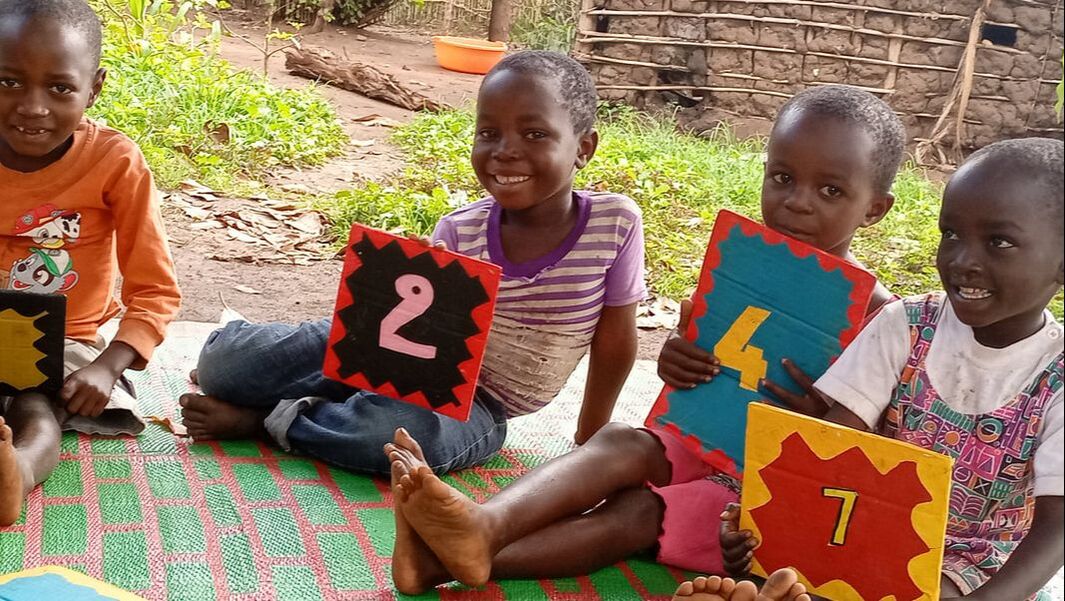
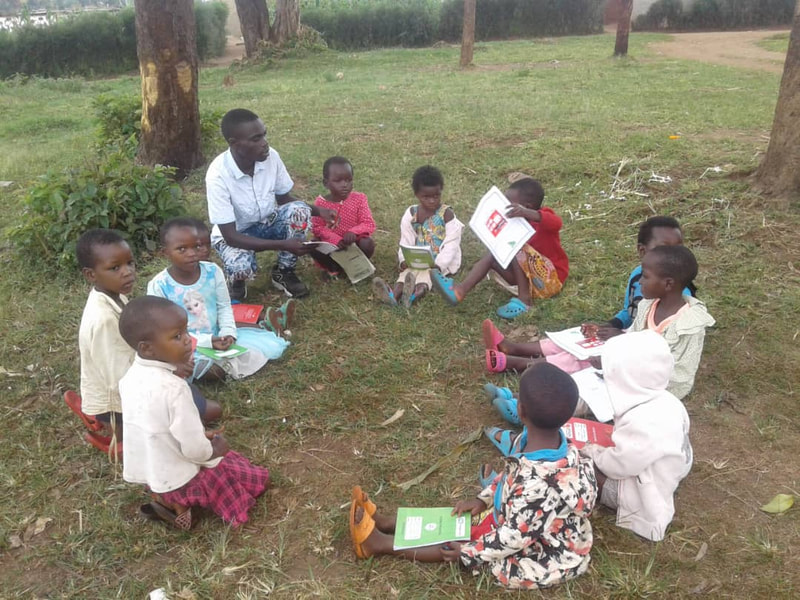
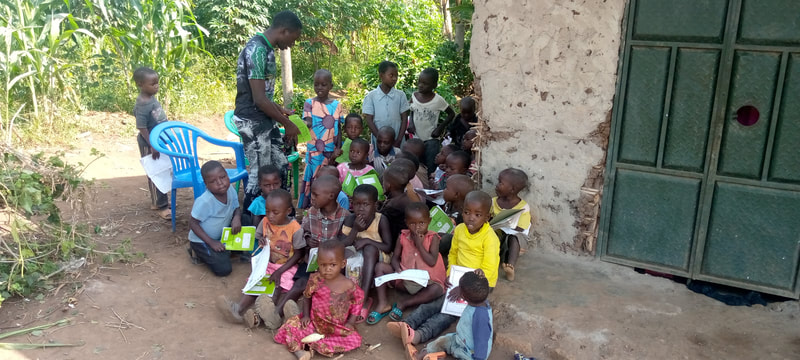
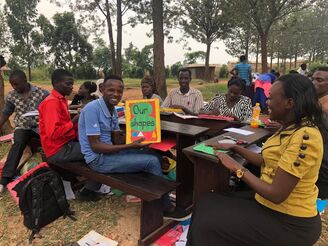
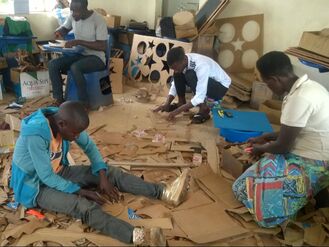
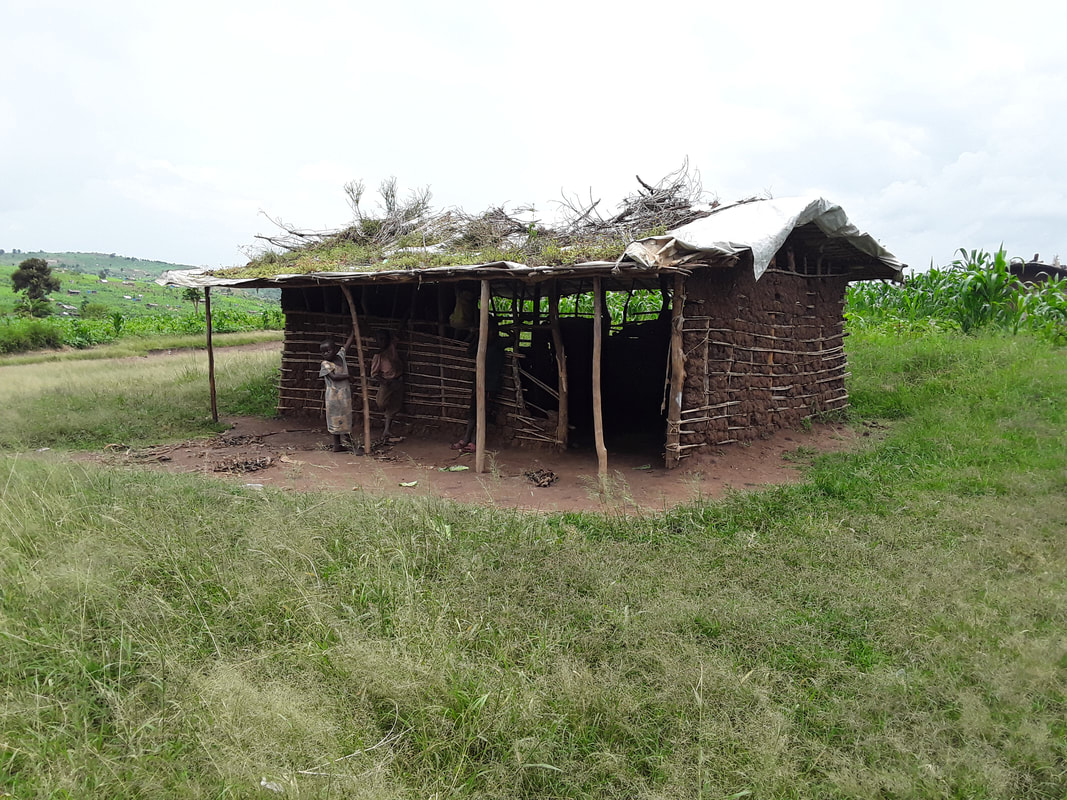
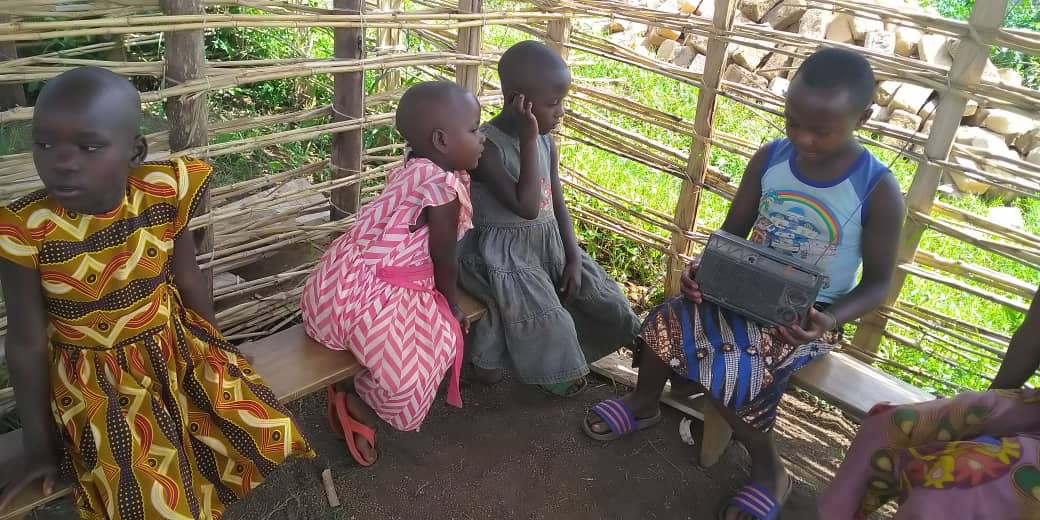
 Give monthly
Give monthly Fundraise for us
Fundraise for us RSS Feed
RSS Feed
